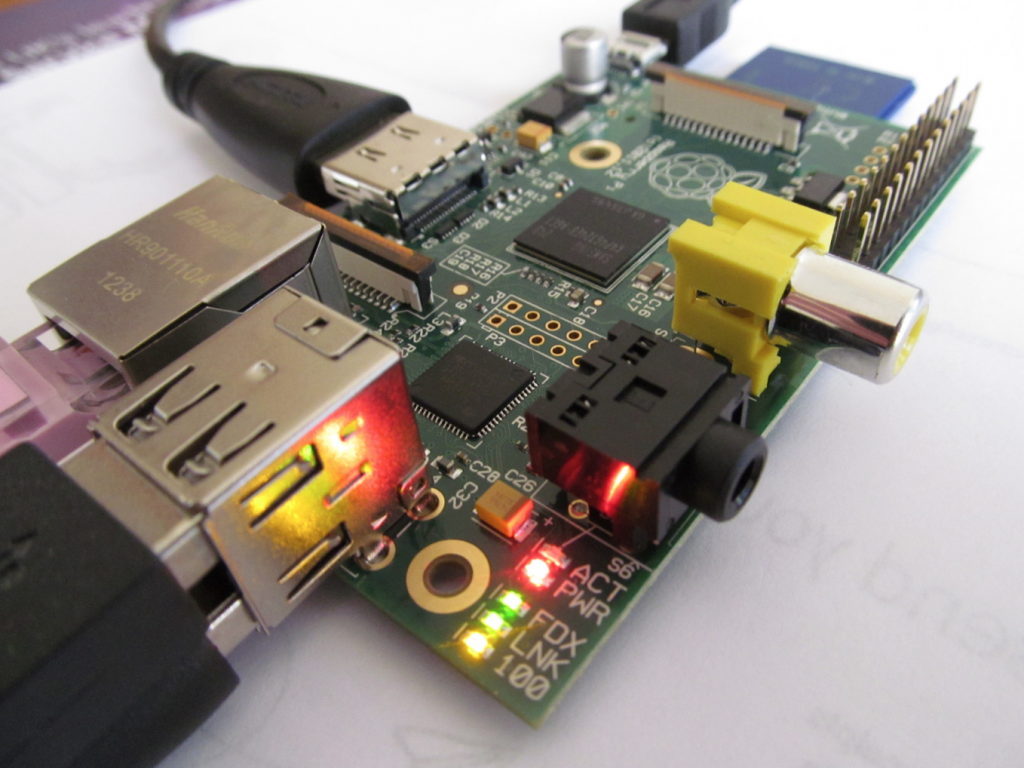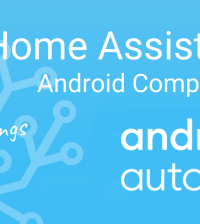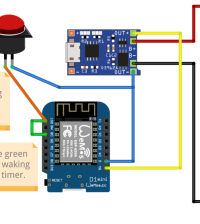- How to Build a 1000W ZVS Induction Heater Using a Resonant RLC CircuitPosted 2 weeks ago
- How to Adjust X and Y Axis Scale in Arduino Serial Plotter (No Extra Software Needed)Posted 10 months ago
- Elettronici Entusiasti: Inspiring Makers at Maker Faire Rome 2024Posted 10 months ago
- makeITcircular 2024 content launched – Part of Maker Faire Rome 2024Posted 1 year ago
- Application For Maker Faire Rome 2024: Deadline June 20thPosted 1 year ago
- Building a 3D Digital Clock with ArduinoPosted 2 years ago
- Creating a controller for Minecraft with realistic body movements using ArduinoPosted 2 years ago
- Snowflake with ArduinoPosted 2 years ago
- Holographic Christmas TreePosted 2 years ago
- Segstick: Build Your Own Self-Balancing Vehicle in Just 2 Days with ArduinoPosted 2 years ago
TensorFlow 1.9 Now Supports Raspberry Pi

The following article is copyright © 2018 Linux.com and was originally published here.
Google’s recent announcement that it had ported its open source TensorFlow machine intelligence (ML) library for neural networking to the Raspberry Pi was the latest in a series of chess moves from Google and its chief AI rival Nvidia to win the hearts and keyboards of embedded Linux developers. The competition is a part of a wider battle with Amazon, Microsoft, Intel, and others to bring cloud analytics to the edge in IoT networks to reduce latency, increase reliability, and improve security.
Thanks to a collaboration with the Raspberry Pi Foundation, the latest TensorFlow 1.9 release can now be installed on Raspberry Pi 2 or 3 SBCs from pre-built binaries using Python’s pip package system. Raspbian 9 users can install it with two simple commands.
Integrating TensorFlow models into an embedded project offers further challenges. Yet, as Google has shown with its AIY Projects kits for the Raspberry Pi, you can add a bit of ML smarts in Raspberry Pi based robots, vision systems, and other embedded gear without a huge learning curve.
The TensorFlow port should be particularly welcome in the Raspberry Pi educational community. As the RPi Foundation’s Eben Upton wrote in a congratulatory tweet about the “massive news,” the TensorFlow port will enable “cool machine-learning educational content.”
TensorFlow was essentially born to run on Linux, but on servers or desktops, not on a modest SBC like the Raspberry Pi. It now runs on all major server and desktop platforms and has been ported to Android and iOS. Yet, the Raspberry Pi was a particularly gnarly challenge, writes Google TensorFlow developer Pete Warden in the announcement. It wasn’t even possible until the Raspberry Pi 2 and 3 came along with faster quad-core processors.
For further information you can refer the original post at linux.com website.















